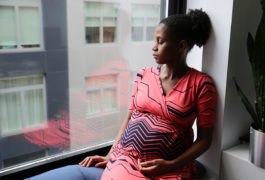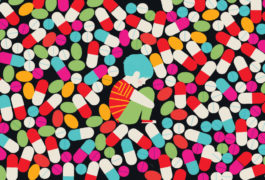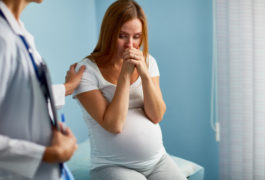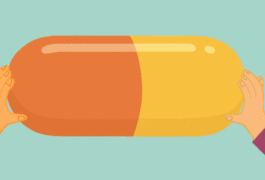Pruning protein; cultural connection; cannabis consent and more
A pruning protein reshapes neurons, culture should be a consideration in trials of autism treatments, and another U.S. state adds autism to the list of indications for medical cannabis.
A pruning protein reshapes neurons, culture should be a consideration in trials of autism treatments, and another U.S. state adds autism to the list of indications for medical cannabis.

Four large studies published since May arrive at various conclusions about whether exposure to antidepressants in the womb ups autism risk.
Two studies back the link between autism and maternal inflammation, other work weakens worry about antidepressant use in pregnancy, and a harassment scandal rocks a university’s cognitive science department.

People with autism who have a mood disorder or sleep problems are more likely to be admitted to inpatient psychiatric units than those who do not have one of these other conditions.
Researchers in Oregon edit human embryos, prenatal antidepressants may play a role in autism risk, and gut microbiota are associated with early cognition.
Paternal age drives ‘geek index’ scores, GWAS may have a big weakness, serotonin boosts mouse social behaviors, and what is science Tinder?

Many people on the spectrum take multiple medications — which can lead to serious side effects and may not even be effective.

Increased autism risk among children exposed to antidepressants in utero may be related less to the medications than to the mothers’ depression.

Clinical trials for autism drugs have been plagued with problems: bad design, the wrong measures, too broad a range of participants. All that is finally starting to change.

People with autism — and their family members — are susceptible to powerful placebo effects. Some researchers are using the problem to better understand this mystifying phenomenon.